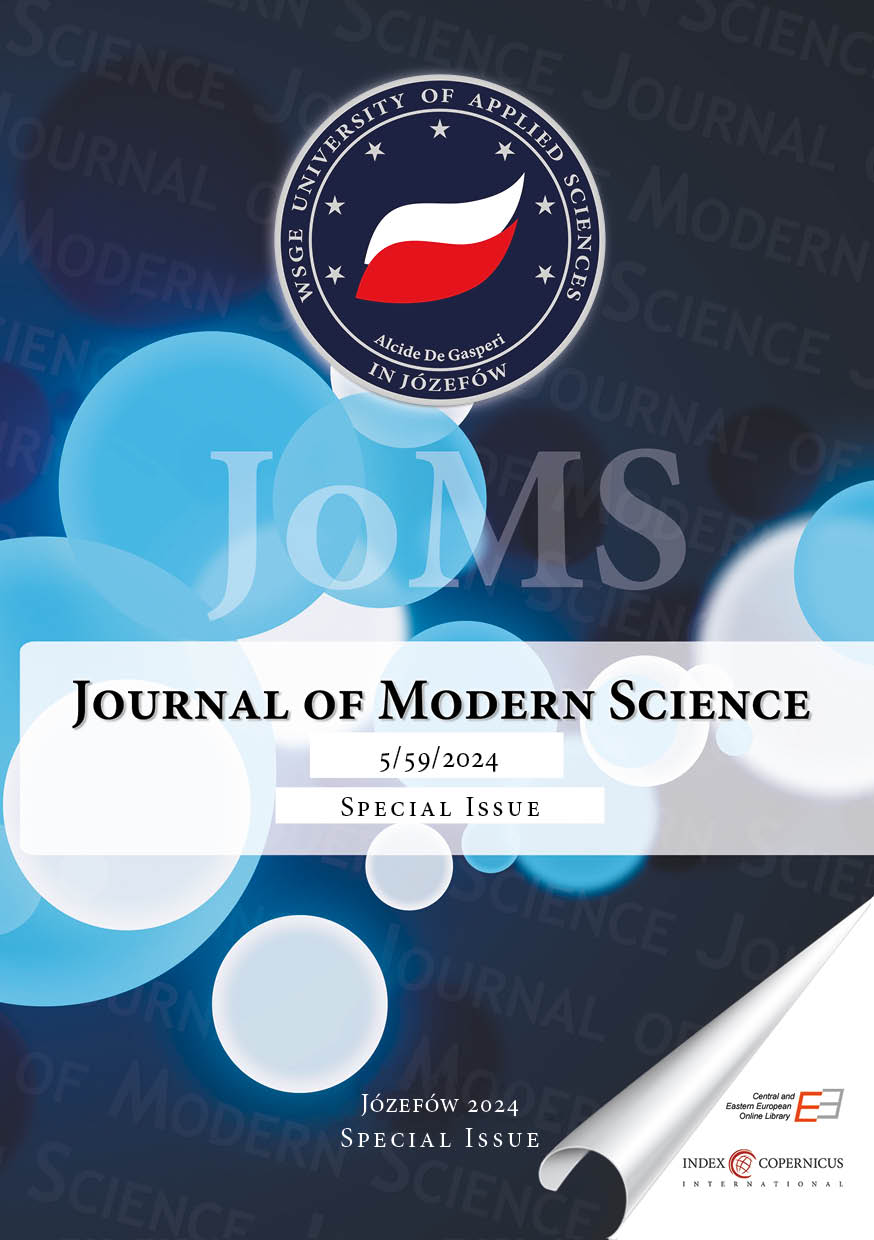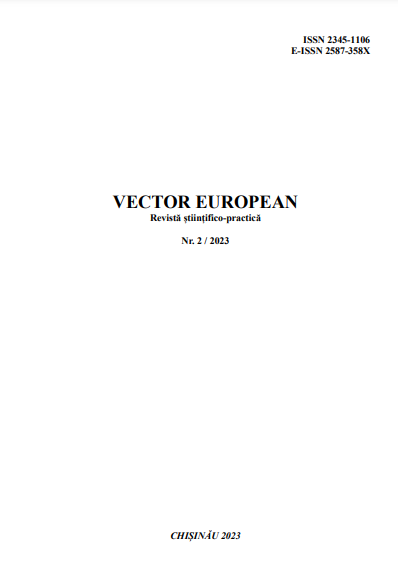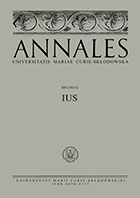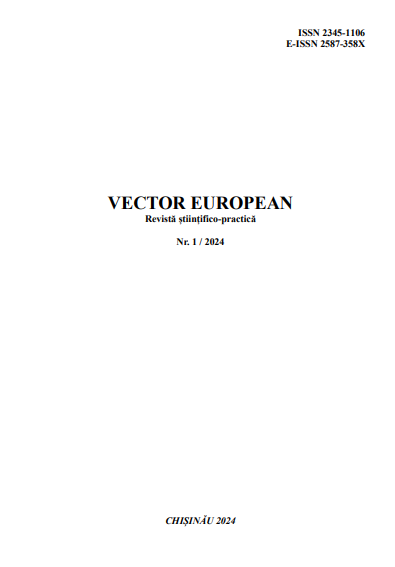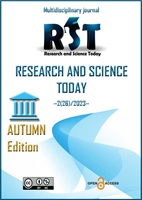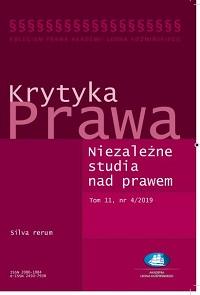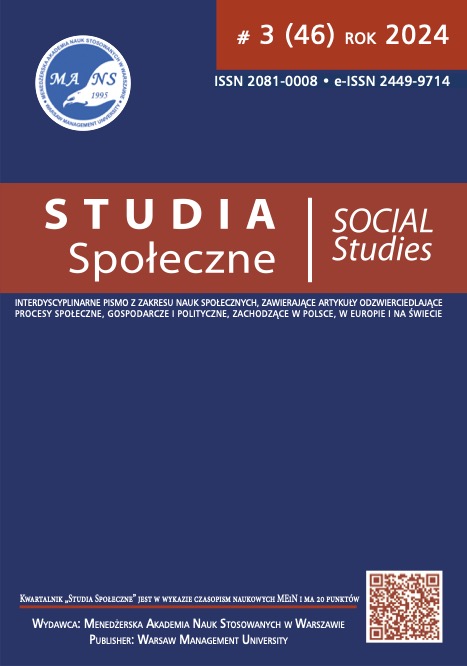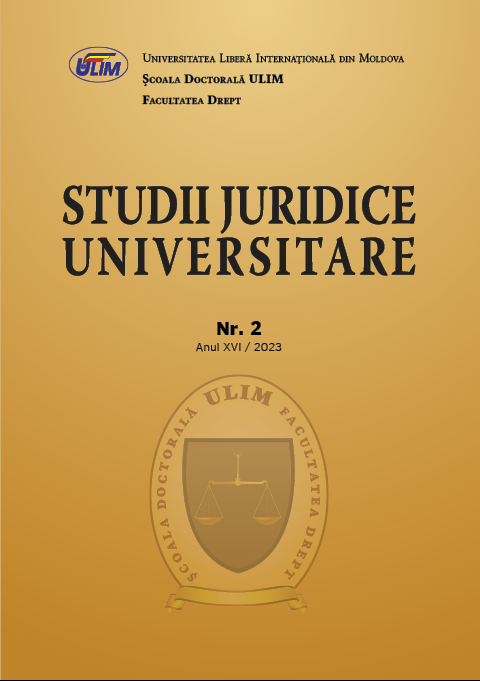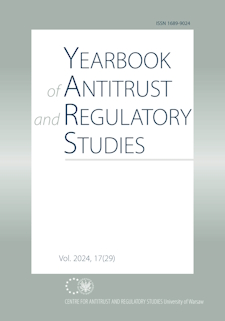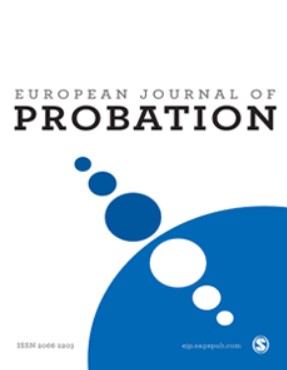
‘You take me for a moron or what’? Analysing French felony courts through legitimacy of justice and therapeutic jurisprudence lenses
French literature pertaining to felony courts has used quantitative-descriptive or sociological critical approaches. It has portrayed an assembly line system where offenders are industrially processed. However, this literature has not documented the consequences this processing has on the interactions between the accused and judicial practitioners. This article attempts to bridge this gap. It analyses the felony hearings which took place during a year in the three chambers of a local court, by using a semi ethnographic methodology. Data was coded with a legitimacy of justice-procedural justice-therapeutic jurisprudence (LJ-PJ-TJ) analytical grid. In the majority of cases, the interactions with the accused did not meet LJ-PJ-TJ criteria. French felony courts are noisy, summary, and dehumanised. However, there were interesting exceptions to this rule: the collegial chamber was significantly more respectful and dignified than the one judge chamber; at an individual level, a strong minority of judges meet the majority of the LJ-PJ-TJ criteria.
More...

